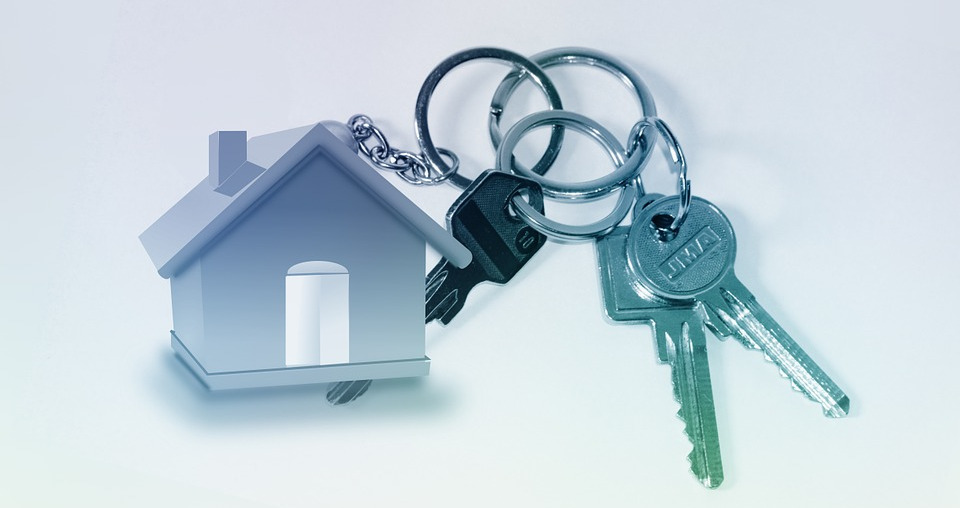5 Effective Ways to Minimize Tenant Turnover

A high tenant turnover can be a nightmare for landlords and property managers. For the period that your property remains vacant, you will earn no income but will still incur repair costs to keep the house presentable. You will also have to invest time and additional expenses in advertising and screening prospective tenants.
It is important that once you find good tenants, you work to keep them in your rental for as long as possible. For that, you will need a sound tenant retention strategy that will keep your tenants happy and their turnover low. Here are a few methods to accomplish this:
1. Keep your rental property in good condition
Maintaining your property improves its longevity and also reduces expenses every time a tenant exits. You need to constantly inspect your rental for improvements, maintenance, and necessary repairs. Respond to repair requests from tenants promptly, as no tenant will want to renew their lease when they know breakdowns take forever to be addressed.
Offer those extra services like grounds maintenance, filter replacements, or even pests control. When tenants need help installing gutters or checking the drainage system, make sure you're there to help. Show your tenants that you care about them and their living conditions on your property, and you'll see that tenant turnover will diminish.
2. Keep communication channels open
Your job as a landlord or property manager does not end once you have rented out the property. It is best to have a clear mode of communication with your renters, where you will be available to respond to them promptly and resolve the issues they raise on time.
When your communication with the tenant is poor, most will opt to move out rather than keep voicing their concerns every other time. Nurture a healthy relationship with your tenants with good communication and clear tenant complaints address channels. That way, you can learn about issues to do with the rental before they become a problem.
3. Keep your rental affordable
As much as every landlord wishes to maximize their rental income, being too aggressive with the rent increase can work to your disadvantage, causing tenants to leave. The rent increments should be gradual, fair, and consistent with the rent policy and should be communicated before the tenant signs the lease agreement.
Keep your rate slightly under the market rate with increments only after two to three renewals, not on every other renewal. This way, rent-sensitive tenants will always find the property the better alternative. Combine the fair rent amounts with proper maintenance, and every tenant will find it uneconomical to move out.
4. Screen your tenants
Screen your tenants well by conducting in-person interviews, checking their references, and doing a background check on them. This way, you only accept those whose style, personality, credit score, and criminal background are a good fit for your property. Finding a good tenant fit may take a little extra work, but it saves you money and time spent filling vacancies every now and then.
5. Offer lease renewal incentives
Every time the lease is up for renewal, the tenant is faced with a decision to either stay on your property or leave. While their decision may be out of your control, you can do certain things to have the tables turn in your favor.
If the tenant has been exceptional, you can offer incentives to nudge them to sign a new lease agreement with you. For example, you can allow them to choose pre-approved property upgrades, offer cash bonuses, or even gift cards from local shops. It will cost you, but you will have kept a good tenant and saved yourself some tenant turnover costs.
Endnote
While these tips can help you minimize tenant turnover, acknowledge that other factors beyond your control also contribute to a high turnover. Renters may want to leave because of family reasons, job relocation, or even establishing their own homes. Focus on what is within your control, with an emphasis on building strong relationships with your tenants.